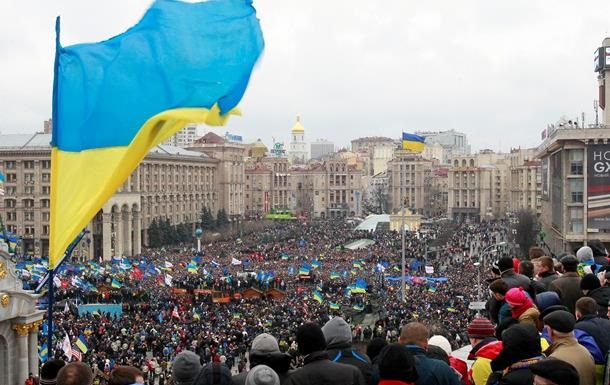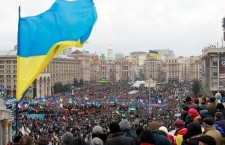
 prof. Andrej Kreutz
prof. Andrej Kreutz
What is the Way Out of the Ukrainian Crisis?
The ongoing political crisis in Ukraine is probably one of the most important developments in the post-Soviet territories, and its impact could influence both the future of the region and the whole international system.
The Ukrainian Prime Minister Janukovich’s delay to sign the Association Agreement of his country with the European Union could not have been seen as a sufficient reason for the ensuing uproar which, in addition to the unrest in Kiev, included a diplomatically unprecedented harsh Western reaction. The Ukrainian leader had quite serious reasons for asking for a delay and for more talks both with Brussels and Moscow which is the major economic partner and creditor of Ukraine. The immediate acceptance of the Association Agreement demanded from him without any changes and additional accommodation and the subsequent opening the borders for free Western import, would have caused considerable hardships for the Eastern, more industrially developed and Russian speaking parts of Ukraine, which are the main political basis of support for Janukovich’s own Party of Regions.
In addition, neither the European Union nor the International Monetary Fund was willing to provide Kiev with sufficient loans and economic assistance which were seen to be necessary to facilitate the painful economic transition. The Ukrainian leader did not turn to Moscow to join the Custom Union and the Eurasian Economic Community, which would be seen by Brussels as contradicting the possible future association with the European Union (Canada has similar agreements both with the EU and NAFTA). Also, he did not reject the Association Agreement with the EU. He just asked for a delay and a better deal for his own people. Under any normal circumstances, such a request should not cause such an uproar and hostile reactions both inside and outside the country.
Unfortunately, Ukraine is not a "normal” country but a deeply divided nation, and the disputed economic issues are in fact of secondary importance.
The real issue at stake is Ukraine’s geopolitics and its role in Western policy and strategy towards Russia. The global West, which is led by Washington, still considers the post-Soviet Moscow as its main foe and is intent on its further weakening and humiliation. As during the last year, the Americans and the allies experienced a number of difficulties and lack of success in the Middle East, the renewed attention of the imperial centres of powers was turned back to Eurasia where Ukraine has always been seen as a key strategic country. Zbigniew Brzezinski has indicated that more than once, arguing that without Ukraine, Moscow will lose its great power status and submit to Western domination. As Mark Adamonis correctly notices, in the West "everyone knows that Ukraine is the key to Europe, and if it adopts a Western course, Russia will be doomed”[1].
The great expectations caused by that belief for the November 29 2013 signing in Vilnius of the Ukrainian Association Agreement with the European Union and of the presumed later NATO’s expansion to this large country, which is so close to Russia, were much more of geopolitical rather than of a dubious economic nature. Because of that the lack of the anticipated success caused such a bitter frustration. The international reactions were harsh and aggressive. Numerous Western politicians including US secretary of state for European and Eurasian affairs, Victoria Nuland, and US senator, John McCain, came to Kiev to express their solidarity and encouragement to the anti-government demonstrators. Such behaviour, which was still unprecedented in the political practice of Western and even non-Western nations, has been an undoubted challenge to Ukrainian sovereignty and to the legitimacy of its democratically elected government. The Americans and their European allies’ expansion in Eurasia has started again, and Washington’s aspiration for full spectrum domination has intensified.
One could doubt whether such an imperial policy could bring much good for the Americans or for the Europeans. It’s much more likely that the possible results might be very costly and even painful. However, all kinds of missteps and foolish projects have always been known in human history. In 1648, the great Swedish statesman Axel Oxenstierna wrote to his son: "Do you know, my son, with how little wisdom the world is governed?” Unfortunately the situation has not changed much.In order to find the way out of the present Ukrainian crisis would be necessary to find a majority consensus among the Ukrainian people themselves and after that a trilateral pragmatic understanding with both Russia and the West. This is perhaps still possible but not very likely.
***
Andrej Kreutz – Adjunct Professor, University of Calgary, Affiliated Expert, European Geopolitical Forum
***
Endnotes
[1] http://www.forbes.com/sites/markadomanis/2013/12/13/everyone-needs-to-remember-that-ukraine-is-not-a-prize-but-an-enormous-liability/
Fot. korrespondent.net

